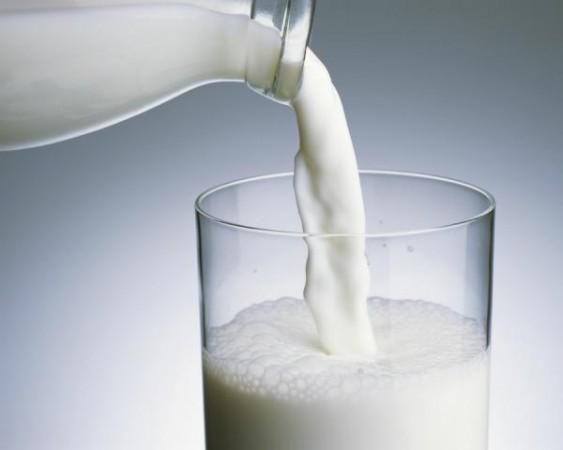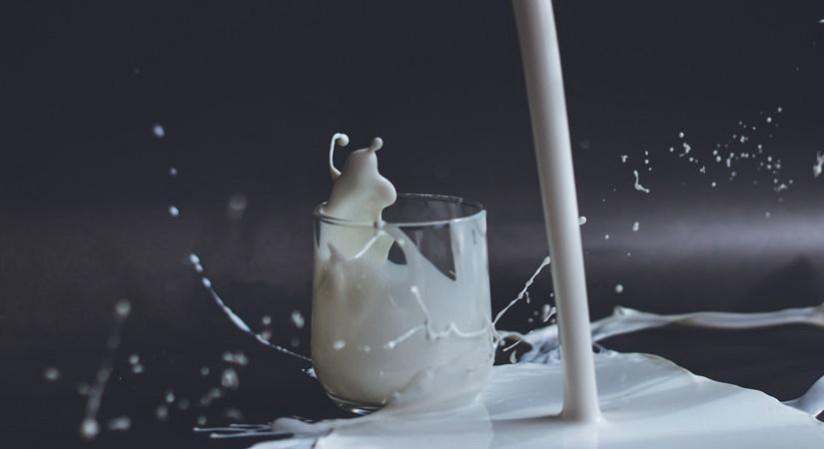
The Special Operations Group (SOG) police, in collaboration with the Food and Drug Control Administration (FDCA), have unearthed a milk adulteration racket in the Mityala area of Amreli district, Gujarat. The operation led to the arrest of one suspect, Gunvant Shamji Kalsariya, and the seizure of adulterated milk and materials worth Rs 2.21 lakh. The adulterated milk, packaged in plastic bags, was ready for distribution when the authorities intervened.
This incident is not an isolated one but part of a series of counterfeit goods scandals that have been plaguing Gujarat. The state has witnessed a surge in cases involving fake ghee, paneer, and even counterfeit court officials and IPS officers. In light of these events, the FDCA has intensified food inspections, particularly in the run-up to the Diwali festival. This period often sees a spike in food safety violations, necessitating increased vigilance.
As part of the ongoing operations against food adulteration, the FDCA has been actively seizing and destroying large quantities of adulterated milk and milk products across the state. In February 2024, FDCA officials seized and destroyed approximately 10,000 litres of adulterated milk worth Rs 4.17 lakh in Palanpur and Gandhinagar. The milk, tainted with maltodextrin powder, was being supplied to a Palanpur-based firm. The operation also led to the confiscation of suspicious quantities of adulterated cheese and paneer.
In May 2024, the FDCA seized a staggering 1,07,122 kg of adulterated milk and milk products, along with 34,498 kg of adulterated ghee. These products, valued at an estimated Rs 8.03 crore, had been adulterated over a span of ten months. The milk, supplied by various vendors, was being used to produce milk products and sweets for commercial sale.

In a similar incident in August 2022, FDCA authorities intercepted a truck at a checkpoint in Rajkot carrying 4,000 litres of adulterated milk. Upon inspection, the milk was found to be made from harmful chemicals such as sulfates, phosphates, and carbonate oils, posing significant health risks to consumers. To help consumers identify adulterated milk at home, the FDCA recommends a simple test: Place 2-3 ml of milk on a glass surface and add 2-3 drops of iodine tincture. If the mixture turns blue, the milk is likely adulterated.
The fight against food adulteration is not new. In the past, authorities have taken stringent measures to curb this menace. The Banas Kasi Sankul dairy complex in Varanasi, inaugurated by Prime Minister Narendra Modi, revolutionized cooperatives, transformed the dairy industry, and enhanced farmer prosperity. It expanded milk collection and chilling centers, collaborated with farmers, and established a milk collection network in Purvanchal.
However, the struggle is far from over. The Rajasthan state committee of All India Kisan Sabha, led by joint secretary Sanjay Madhav, supported milk producers in their demand for a minimum support price of Rs 50 per litre and the immediate release of the milk subsidy, Rs 150 crore, for farmers selling milk in all dairies. In the Karnataka border area, Gokul Dairy's decision to reduce milk rates has angered farmers. The dairy collects milk from various taluks and has faced competition from the Nandini brand. Farmers are disappointed with the dairy's decision and demand fair treatment.

















